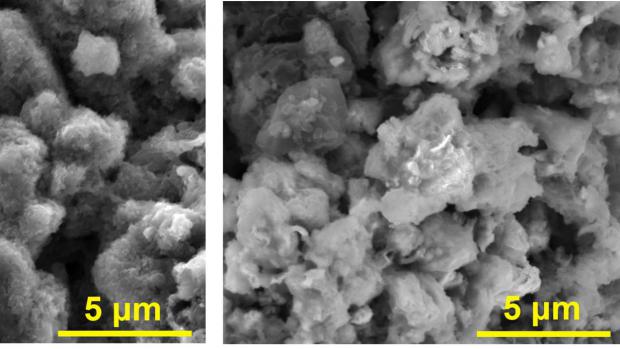
Breaking News
 Poland to Buy 150 Tons More Gold, Approves up to 36.6% Held
Poland to Buy 150 Tons More Gold, Approves up to 36.6% Held
 Michael Oliver: T-Bond Nuclear Panic Will Send Silver VIOLENTLY to $300–$500 | Gold to $8,000
Michael Oliver: T-Bond Nuclear Panic Will Send Silver VIOLENTLY to $300–$500 | Gold to $8,000
 Greentanamo: Trump Deal Gives US Sovereignty Over Small Pockets Of Greenland For Military Bases
Greentanamo: Trump Deal Gives US Sovereignty Over Small Pockets Of Greenland For Military Bases
 Das: Trump's Spat With The Fed Is Not About Central Bank Independence
Das: Trump's Spat With The Fed Is Not About Central Bank Independence
Top Tech News
 The day of the tactical laser weapon arrives
The day of the tactical laser weapon arrives
 'ELITE': The Palantir App ICE Uses to Find Neighborhoods to Raid
'ELITE': The Palantir App ICE Uses to Find Neighborhoods to Raid
 Solar Just Took a Huge Leap Forward!- CallSun 215 Anti Shade Panel
Solar Just Took a Huge Leap Forward!- CallSun 215 Anti Shade Panel
 XAI Grok 4.20 and OpenAI GPT 5.2 Are Solving Significant Previously Unsolved Math Proofs
XAI Grok 4.20 and OpenAI GPT 5.2 Are Solving Significant Previously Unsolved Math Proofs
 Watch: World's fastest drone hits 408 mph to reclaim speed record
Watch: World's fastest drone hits 408 mph to reclaim speed record
 Ukrainian robot soldier holds off Russian forces by itself in six-week battle
Ukrainian robot soldier holds off Russian forces by itself in six-week battle
 NASA announces strongest evidence yet for ancient life on Mars
NASA announces strongest evidence yet for ancient life on Mars
 Caltech has successfully demonstrated wireless energy transfer...
Caltech has successfully demonstrated wireless energy transfer...
 The TZLA Plasma Files: The Secret Health Sovereignty Tech That Uncle Trump And The CIA Tried To Bury
The TZLA Plasma Files: The Secret Health Sovereignty Tech That Uncle Trump And The CIA Tried To Bury
Asphalt-lithium metal batteries fully charge in five minutes

Variations like lithium-air and lithium metal batteries are in the works to possibly replace them, and now researchers at Rice University have improved the latter with the help of an unlikely ingredient. The team found that adding asphalt to the anode made for lithium metal batteries that charge faster and are less likely to short circuit and fail.
To make their new battery, the Rice researchers used untreated gilsonite, a derivative of asphalt, and mixed it with conductive graphene nanoribbons. Then, that composite was coated in lithium metal through the process of electrochemical deposition, to create an anode. The final battery is made by combining this anode with a cathode of sulfurized carbon.
The team tested these new asphalt-lithium metal batteries over more than 500 charge-discharge cycles, and found the porous carbon material from the asphalt made the battery more stable. The batteries were found to have a power density of 1,322 watts per kg, and an energy density of 943 watt-hours per kg. Meanwhile, a high current density of 20 mA per square cm means that these batteries could be recharged from empty much faster than standard lithium-ion batteries.

 Nano Nuclear Enters The Asian Market
Nano Nuclear Enters The Asian Market


